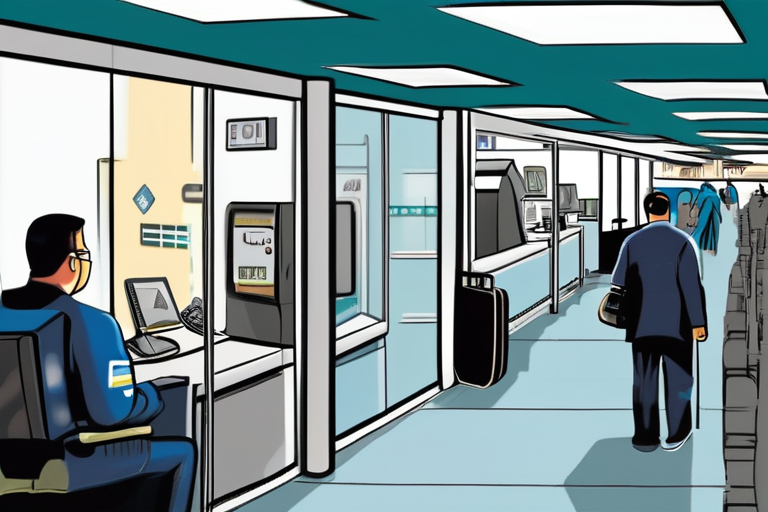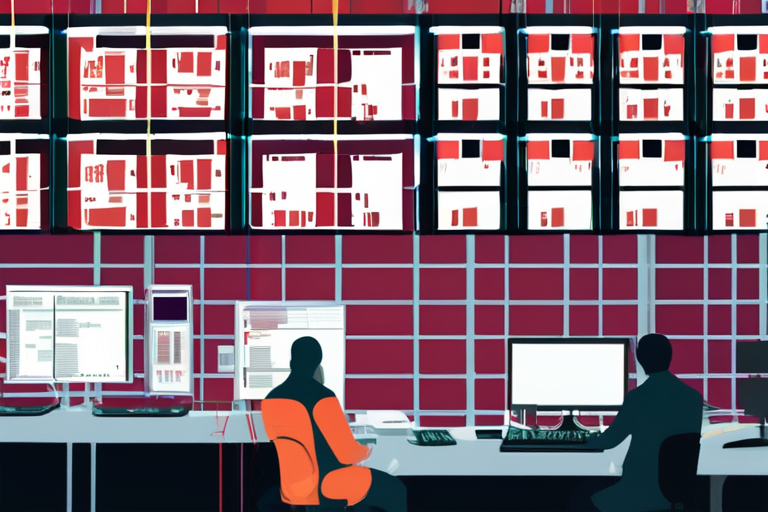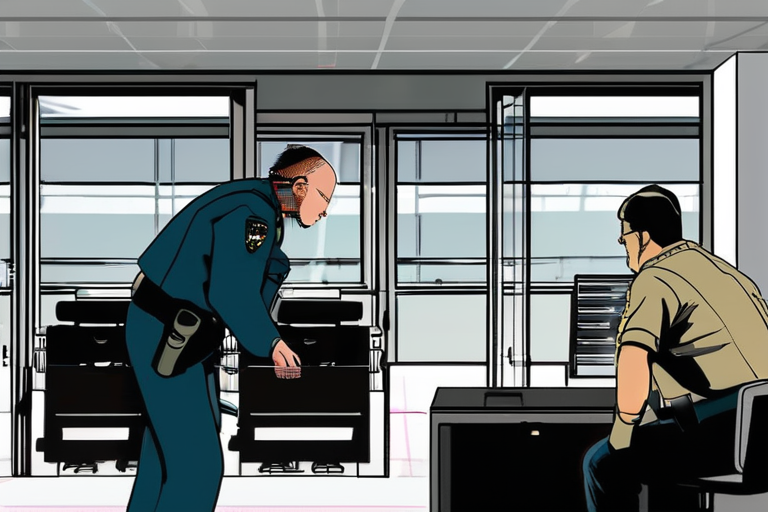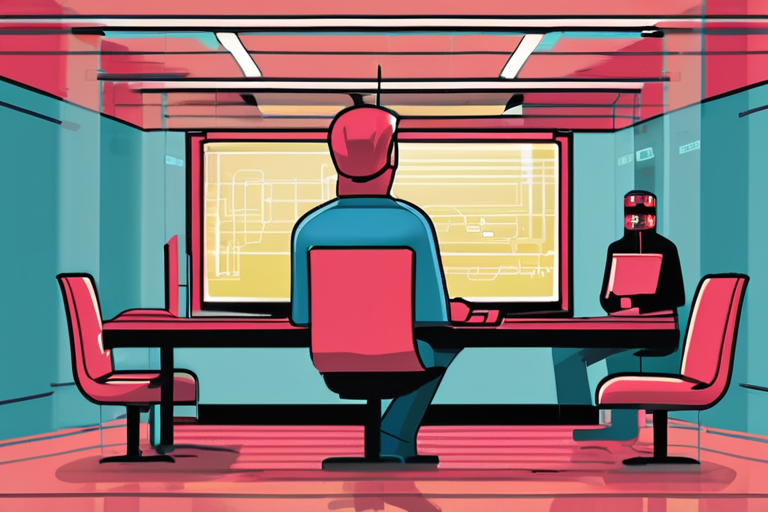UK Police Force Cracks Down on Keystroke Scam After Detectives Fall Victim to Laziness


Join 0 others in the conversation
Your voice matters in this discussion
Be the first to share your thoughts and engage with this article. Your perspective matters!
Discover articles from our community

 Hoppi
Hoppi

 Hoppi
Hoppi

 Hoppi
Hoppi

 Hoppi
Hoppi

 Hoppi
Hoppi

 Hoppi
Hoppi

A Man Arrested in Connection with Cyber-Attack on Airports, Investigation Ongoing A person has been arrested in connection with a …

Hoppi

BREAKING NEWS BBC Reporter Targeted by Criminals with Six-Figure Bribe to Hack BBC Systems A shocking development has emerged as …

Hoppi

BREAKING NEWS: Man Arrested in Connection with Airport Cyber-Attack Crackdown A man in his forties has been arrested by the …

Hoppi

Criminals Offer Reporter Money to Hack BBC, Raising Concerns About Insider Threats A shocking incident has come to light in …

Hoppi

Criminals Offer Reporter Money to Hack BBC: Insider Threats Exposed A shocking incident has highlighted the growing concern of insider …

Hoppi

BREAKING NEWS: Authorities Arrest Suspect in High-Profile Airport Cyber-Attack Investigation A 40-year-old man has been arrested by the National Crime …

Hoppi